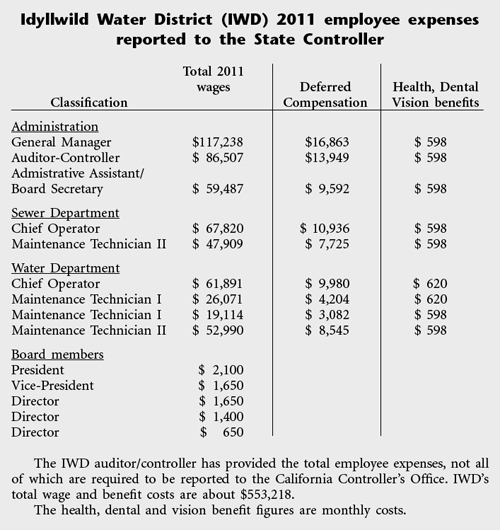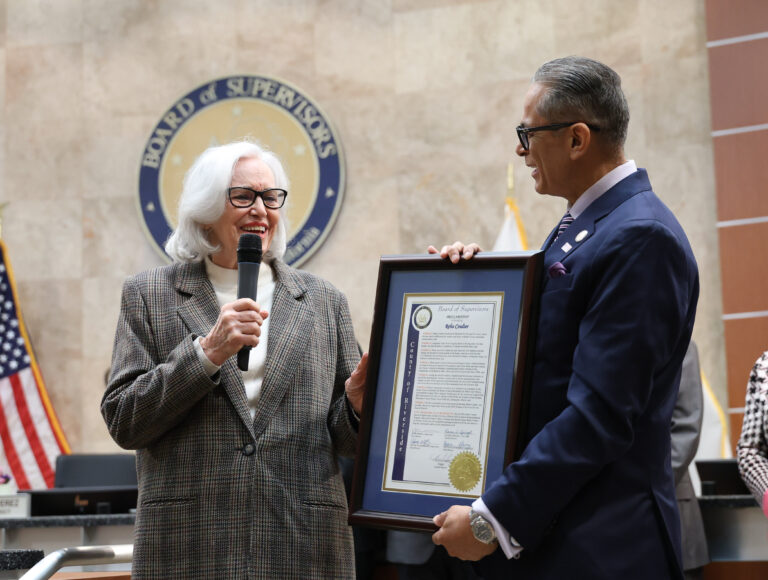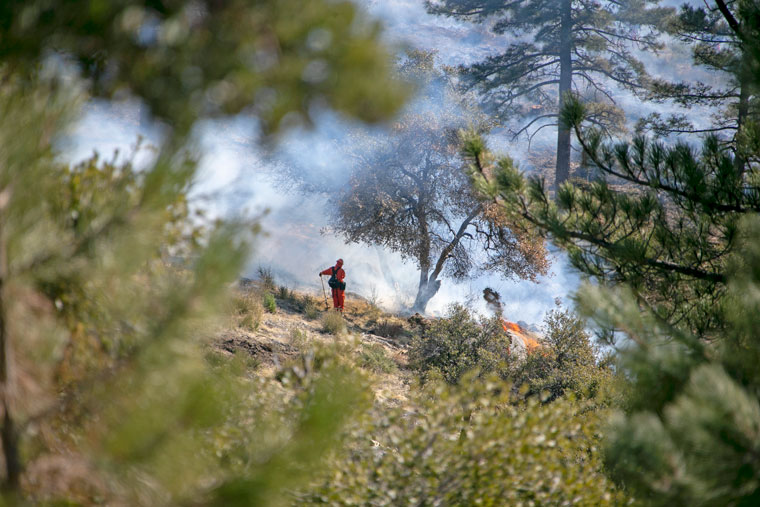At the Oct 18 meeting of the Riverside County Board of Supervisors, Ordinance 927.1 (Regulating Short Term Rentals [STRs]) and Ordinance 671.22 (Consolidated fees for land use) were finally approved without any new requests for the planning staff to make further revisions.
The board also accepted the report on the current STR moratorium and set a public hearing for Tuesday, Oct. 25 to consider whether the moratorium will lapse on its expiration date, Oct. 28, or to extend it. The planning staff is proposing an extension for 10 months, until Sept. 9, 2023.
Ordinance 927
At its Oct. 4 meeting, the board requested more changes to the previously agreed-to revisions of 927. The latest changes involved how the size of the lot will affect the maximum permitted occupancy of an STR and the procedures for notifying neighbors when a property owner obtains an STR certificate.
The revised Ordinance 927 was finally approved at the Oct. 18 board meeting. The vote was unanimous.
Besides the occupancy and notification procedures, this revision includes earlier changes allowing accessory dwelling units to be rented, information on signs posted on the property, one-night minimum visits, increased fees for initial and renewal of STR certificates, increased fines for violations, fire sprinklers optional, and responsibilities of hosting platforms.
Following nearly an hour of public comments, only 3rd District Supervisor Chuck Washington spoke and his comments were not about the revisions to the proposed ordinance, rather he addressed the process that culminated with this vote.
During the first two weeks of October, Washington and his staff and the Planning Department staff held to community meetings. The first was in Idyllwild and the second in the Wine Country. Attendance was about 100 at the first session.
At the Wine County public meeting where there were about 135 people, some apparently pilloried Washington for not securing more changes that would limit STRs in the revised ordinance.
Washington made it clear that he is only one of five supervisors. To pass an ordinance or change one, three supervisors must concur.
Speaking directly to his constituents, “I am one vote … If you’re not letting them know how you feel about the different components of that policy, then when it comes time to vote it will be 4-1,” he said.
“I’m here to represent you and they are not here to represent you. But this is a countywide ordinance so you need to make them aware of your sentiments on how you feel about this policy,” he implored.
Washington also had to refute the idea that he is opposed to STRs and is attempting to shut them down with a stronger Ordinance 927.
“Although some cities have banned STRs, I don’t think that is appropriate for Riverside County. There is a tourism benefit,” he stated.
In clarification of the misrepresentation, Washington affirmed that his goal was to achieve “peace and quiet in our neighborhoods.” During the pandemic, there was an increase in noise and nuisances in the neighborhoods and county enforcement was insufficient.
“The core problem has been we don’t have any teeth and we’re not significantly organized in managing and making sure we corralled all the STRs into our program,” he averred. “The new framework supports building up Code Enforcement to enforce the new regulations. I think 927 as proposed will do that.”
Following Washington’s comments, the board approved the revised Ordinance 927, which will take effect in 30 days.
Public comment
Several of the speakers were from Idyllwild. Some, such as Joel Feingold, Woody Henderson and Jon Brown, have spoken to the board at previous meetings and Martha Sanchez came forward for the first time.
Feingold did not speak for his full two minutes. In fact, he took an innovative action to gain attention for his actual comments.
He began his time by saying, “For someone who talks a lot like me, it has often been said ‘Less is more.’” He then stood at the podium and said nothing for nearly 40 seconds.
“That was the sound of silence,” Feingold finally said. “Something many of Chuck Washington’s constituents, and Manuel Perez’s future constituents, no longer get to experience on any kind of regular basis.”
He then encouraged the Board to approve a 10% cap or limitation on STRs until attrition brings the percentage below 10. At that time, new STR certificates could be issued. Henderson also supported the cap and density limitations.
Brown, head of the Idyllwild STR group, noted surprise that many of his Idyllwild friends believe STR owners influenced the development of the revisions to 927 so that “We got everything we wanted.”
Just the opposite, he lamented. “We really just wanted more enforcement not more regulations. We got occupancy reductions, signage and snow removal requirements, parking requirements and increased fees.”
Sanchez, an Idyllwild resident, who owns a vacation rental business, told the board that the STR ordinance has unintended consequences on the community. Limiting the number of vacation homes may reduce neighborhood nuisances; it also can affect local economy and businesses besides STRs.
She detailed how the expended money her business spends on improving and maintaining vacation properties has grown from $12,000 in 2012 to nearly $1 million in 2021. “This money goes to local contractors, plumbers, chimney sweeps, furnace and AC repairs and others,” she explained and then emphasized, “It affects more than just my business.”
Moratorium
The 45-day moratorium on new STR certificates, approved at the Sept. 13 meeting, expires Oct. 28 unless extended. The moratorium applies to the Idyllwild area, including Pine Cove and Mountain Center, and the Temecula Valley Wine Country. The moratorium would not prohibit operating STRs that have already obtained a county STR certificate.
However, Ordinance 449.251 also requires that the Planning Department prepare and submit a report to the board before any action on the moratorium — such as extending or letting it lapse — occurs.
At the Oct. 18 meeting, Charissa Leach, director of the county’s Transportation and Land Management Agency, stressed that the agenda item was not a vote on the moratorium.
“It’s just a report,” she stated. Then she described the two community meetings Washington and planning held in Idyllwild and the Wine Country.
After reviewing the priorities of the two groups, Leach said, “We need additional time to explore these priorities on where we go from here. One meeting with them is not going to get us where we need to be. We need more time.”
This item took about 30 minutes to finish. Most of the time was devoted to public comment although the action was simply to receive the report. A public hearing on whether to extend the moratorium was held Oct. 25. The maximum extension is 10 months and 15 days. If this is approved, the moratorium would continue through Sept. 9, 2023.





